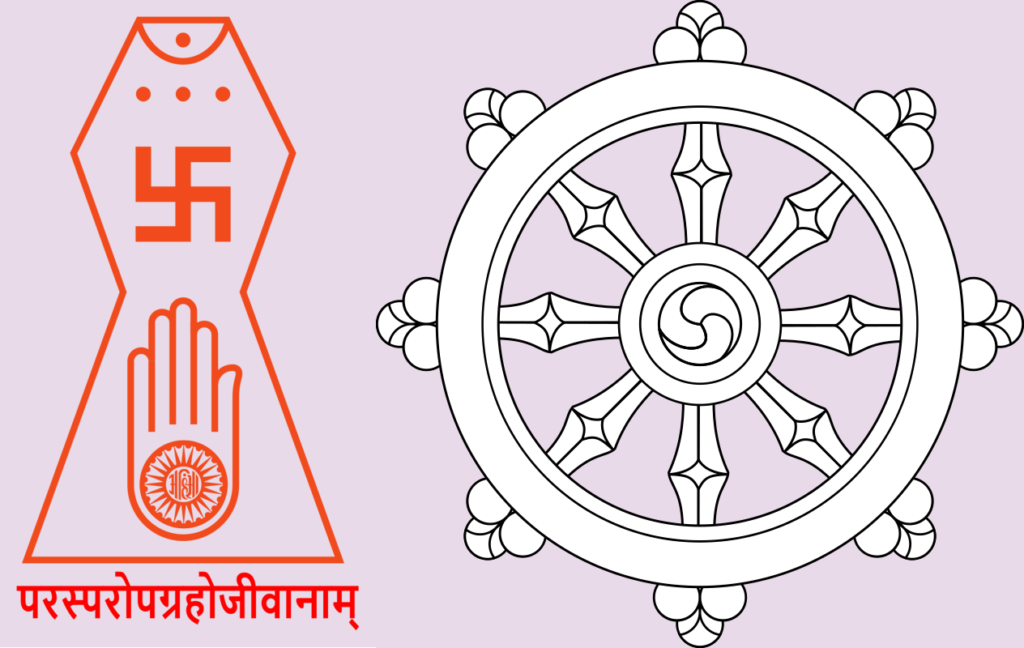[7]: Understanding Conflict within Hobbes’s paradigm of conflict
The problem with power is that it is inflationary. In Hobbes’s paradigm, man estimates his power in relation to that of another person’s power. X’s power to obtain and hold on to certain things is considered sufficient only when it is more than thepower of the other participants that desire the same things. Thus, even if people do not seek power for power’s sake, they must necessarily continue to acquire more power in order to safeguard their future “the power and means to live well”. This is the reason behind the general inclination of man to perpetually and restlessly desire more Power all the time. This race ends only in Death. The permanently unsatisfied desire for power is the key to understanding why men compete for resources. The competition does not arise just from the general scarcity of natural resources, as some thinkers have maintained. Hobbes does not imply that the resources are insufficient for the sustenance of the population, were they divided equally, but they are necessarily insufficient for the satisfaction of everyone’s unceasing drive to increase one’s instrumental power against others. The second cause of conflict is diffidence or lack of trust in others. People in the state of nature realise that their life is conditioned by two fundamental premises: firstly, that they are natural competitors for power and for resourcesneeded to increase it, and secondly, that no-one can assume a natural superiority in this competition, as they are roughly equal in their ability to kill one another.
For as to the strength of body, the weakest has strength enough to kill the strongest, either by secret machination, or by confederacy with others, that are in the same danger with himself. These factors create a climate of mutual fear which, as Alan Ryan has put it, “drives people to attack one another by the logic of the situation, no matter what their motives”. If someone fears that he might be attacked, then striking first is a safer option than standing on defence, as it is difficult to be constantly on the alert against machinations or confederacies. And one has reasonable grounds to fear an attack, becauseone understands that others reason similarly and might want to anticipate one’s possible attack, and so ad infinitum.
The situation is further destabilised by the fact that there are “some, that take pleasure in contemplating their own power in the acts of conquest, which they pursue farther than their security requires. The existence of such natural aggressors and the uncertainty as to who belongs to this group makes it even more compelling for moderates, “that otherwise would be glad to be at ease within modest bounds”, to strike first. Thus “there is no way for any man to secure himself, so reasonable, as Conflict. Anticipation; that is, by force, or wiles, to master the persons of all men he can, so long, till he sees no other power great enough to endanger him”. The problem of natural aggressors leads us to the desire of glory, the third cause of conflict in the nature of man. In literature glory-seekers are usually identified with natural aggressors, “warmongers”. As, according to this worldview, all bodies naturally strive towards the enhancement of their vital motion, every natural endeavour of man must be conducive to his self-preservation. How glory-seeking contributes to this becomes clear in the context of reputation. Reputation means that people set a high value on someone’s power. And this is not something that people desire outof vanity, but they are concerned with reputation because “reputation of Power, is power”. To be undervalued is dangerous for one’s security, because other people are more inclined to attack someone whom they think less able or willing to defend himself. A man can build up reputation by attacking those who condemn him, because they learn from their own experience that his power is actually not inferior to theirs, at least with regard to his capacity to inflict damage on them. And this also sets an example to people not involved in the conflict, as it makes clear that he is not someone who can be subdued without resistance. The natural passion of glory-seeking has been often wrongly identified with the passion of vain-glory. Vain-glorying is irrational because it does not help to attain the end of glorying which is safety. And all types of glorying “tending to no end” are vain.
Such being the natural condition of man without a society, it is only natural that they desire a safer and kinder environment that can allay all their doubts and fears regarding their self-preservation and make their lives less troublesome. This transition from the raw state of nature which is lawless to the more stable lawful society is brought about the by people when they voluntarily invest all the rights and powers collectively in the body of glory seeking adventurers among them which are natural elites in their own rite and this body paves the way for the first rudimentary government and a commonwealth which brings order, and makes the conception of rights and justice meaningful. The power of these natural elites is unquestionable and has complete legitimacy and in due course these few individuals and their families pave the foundations of the warrior clans that are invested with the authority to rule and maintain order. Thus there is always a transition from the disordered lawless and non-hierarchical state of nature to the ordered lawful and hierarchical state of society midwived by the twin principles of cooperation and competition among the people.

Picture Jainism and Buddhism are two of many Indian philosophies considered as Śramaṇic traditions.
In the Indian context, this transition happened in the remote antiquity during the horary Pre-Rigvedic period when from the first Aryan tribes ruled by the Rajanyas elites came into existence out of the disordered state of nature. These Kshatriya tribes gave the first political structures that ensured stability, peace, and paved the way for a blooming civilization with many-sided achievements, and by the late vedic period there emerged various systems of religious rites, rituals, and systems of philosophy. Be it vedic religion, or the Sramanic faiths such as Jainism, Buddhism, Ajivikas, and the later Puranic cults and traditions, all of them found patronage from the Rajanyas.

